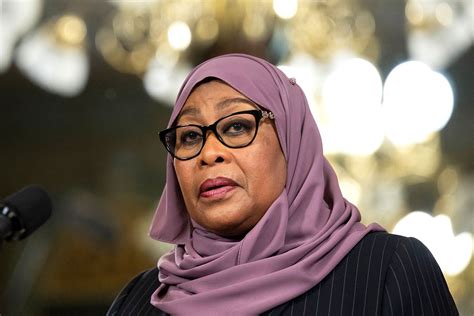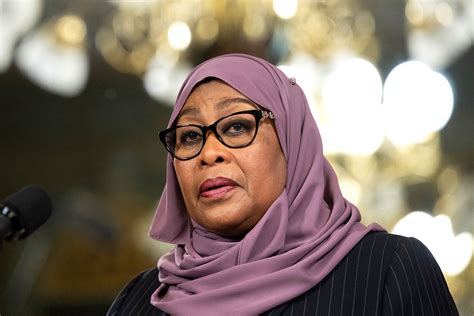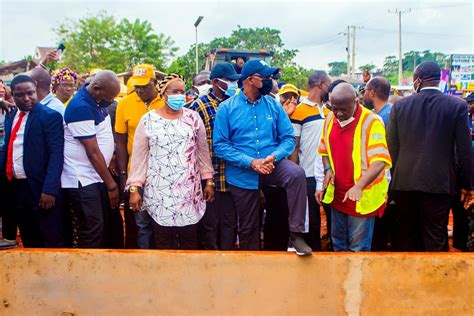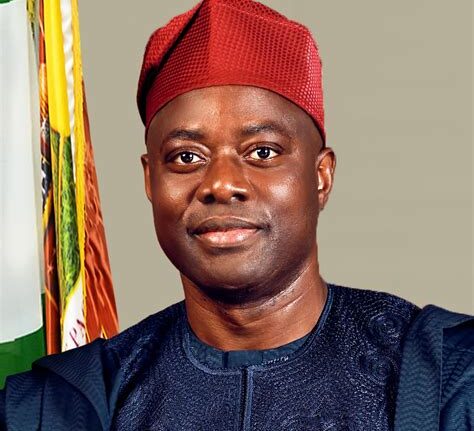In the intricate tapestry of a nation, inclusion is the thread that weaves together disparate strands into a harmonious whole. It is not just a lofty ideal but a practical necessity for fostering peace, unity, and equity in society. The Tinubu administration has embraced this principle with zeal and commitment, envisioning a Nigeria where merit trumps ethnicity or religion, and where every citizen has equal access to the benefits of good governance.
Inclusive Governance at Its Core
The essence of inclusion runs deep in the policies and practices of the Tinubu administration. From appointments to initiatives, there is a conscious effort to ensure diversity and competence go hand in hand. The administration’s focus on balanced representation across different demographics underscores its dedication to creating a level playing field for all Nigerians.
As Fredrick Nwabufo eloquently puts it, “a nation where no Nigerian will need to know anyone to enjoy the harvests of good governance.” This sentiment encapsulates the core ethos driving the Tinubu administration’s approach to inclusive governance—a commitment to fairness, transparency, and equal opportunities for all.
Impactful Initiatives Touching Lives
Within this framework of inclusivity lie tangible initiatives that have made a real difference in the lives of ordinary Nigerians. Programs like the Consumer Credit Scheme and the Nigerian Education Loan Fund (NELFUND) stand out as examples of how targeted interventions can empower individuals from diverse backgrounds.
The introduction of free C-Sections for women in need and substantial subsidies on critical healthcare services demonstrate not just goodwill but concrete action towards improving healthcare accessibility for all citizens. These are not abstract policies but tangible lifelines that directly impact people like Chinedu from Obosi, ensuring they have opportunities for education and healthcare without financial constraints.
Regional Development & Economic Empowerment
Beyond social welfare initiatives, the Tinubu administration has also prioritized economic empowerment as a key pillar of inclusive governance. Schemes like the Presidential Conditional Grant Scheme for nano-businesses and the FGN N75 billion MSME Intervention Fund reflect a strategic focus on supporting entrepreneurship and small businesses—the backbone of Nigeria’s economy.
The recent signing of regional development commission bills underscores the administration’s commitment to decentralization and equitable growth across all zones. By investing in infrastructure projects like roads spanning various geo-political zones, such as Abuja-Kaduna-Kano highway and Lagos-Calabar Coastal highway, efforts are being made to bridge developmental gaps and ensure all regions benefit from government resources.
A Vision for an Inclusive Future
At its core, what sets apart inclusive governance is not just its reach but its spirit—an unwavering belief that every Nigerian deserves a seat at the table; an opportunity to thrive regardless of background or circumstance. The Tinubu administration’s vision goes beyond mere rhetoric—it is about building bridges that connect every citizen to the promise of progress and prosperity.
As Senior Special Assistant Fredrick Nwabufo aptly summarizes it, “the Tinubu administration is building an inclusive society where everyone has a sense of belonging…making sure benefits percolate even to the last man.” It is this ethos of inclusivity that holds the key to forging a stronger, more unified Nigeria—a place where diversity is celebrated, equality upheld, and opportunities abound for all who call it home.
In conclusion…








Leave feedback about this